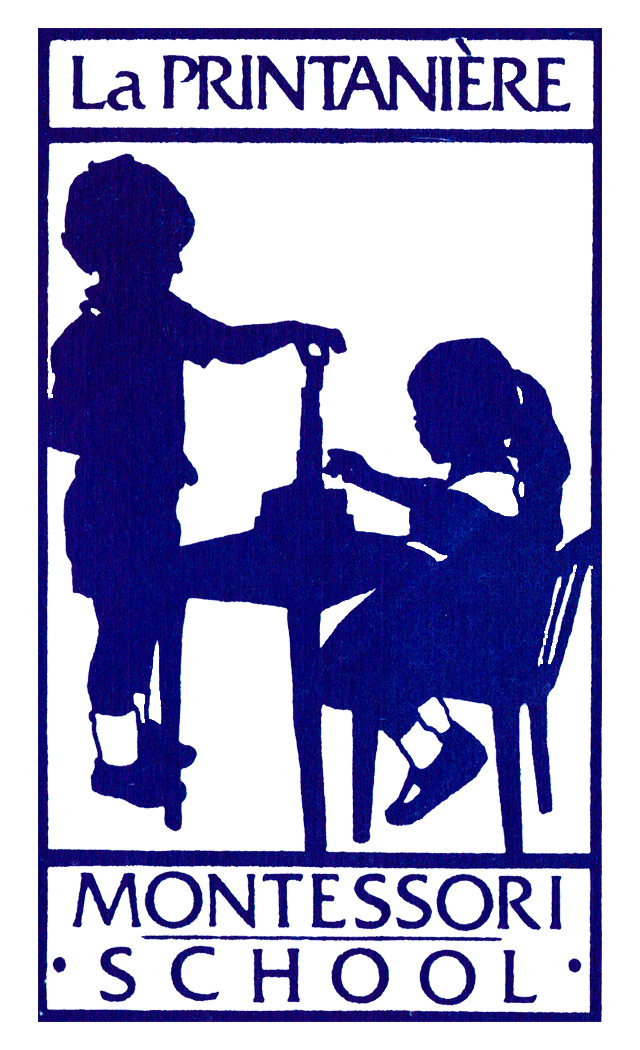The Montessori educational philosophy has flourished around the world for more than a century, producing lifelong, driven learners. Key concepts of the Montessori method include:
Each child is valued as a unique individual. Montessori education recognizes that children learn in different ways, and accommodates all learning styles. Students are free to learn at their own pace, each advancing as he is ready, guided by the teacher and an individualized learning plan.
Beginning at an early age, Montessori nurtures order, concentration, and independence. Intentional classroom design, materials, and daily routines support the student’s emerging “self-regulation” (the ability to educate one’s self, and to think about what one is learning), in toddlers through adolescents.
Students are part of a close, caring community. The multi-age classroom—typically spanning 3 years—re-creates a family structure. Older students enjoy stature as mentors and role models; younger children feel supported and gain confidence about the challenges ahead. Teachers model respect, loving kindness, and a peaceful conflict resolution.
Montessori students enjoy freedom within limits. Working within parameters set by their teachers and the classroom community, students are active participants in deciding what their focus of learning will be.
Students are supported in becoming active seekers of knowledge. Teachers provide environments where students have the freedom and the tools to pursue answers to their own questions. Internal satisfaction drives the child’s curiosity and interest and results in joyous learning that is sustainable over a lifetime.
Self-correction and self-assessment are an integral part of the Montessori classroom approach. As they mature, students learn to look critically at their work, and become adept at recognizing, correcting, and learning from their errors.
Montessori supports social-emotional skills. Contemporary research supports the 100-year-old Montessori Method's effectiveness, indicating that children who learn in Montessori classrooms demonstrate stronger social-emotional skills in many areas than children in more traditional environments.
Source: American Montessori Society
What parents have to say about Montessori education:
La Printaniere Montessori Curriculum
Elementary curriculum areas:
Language: Reading & Comprehension, Writing, Spelling, Grammar, Vocabulary
Math: Operations, Fractions, Geometry
Cultural Studies: Social Studies, Science (Biology, Geography, Geology, Physical Science), History
Practical life: Time management, business management
Primary curriculum areas:
Language
Math
Practical Life
Sensorial
Cultural Studies:
Geography
Botany
Zoology
Art
Music
Environmental Studies
Supplemental activities:
Music Class
Yoga
Physical Education
Gardening
Sign Language
Entrepreneurship
Field Trips
“Scientific observation has established that education is not what the teacher gives; education is a natural process spontaneously carried out by the human individual, and is acquired not by listening to words but by experiences upon the environment.”





